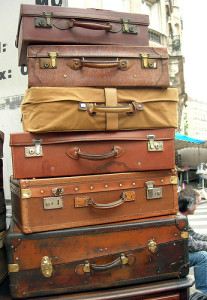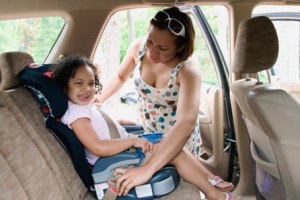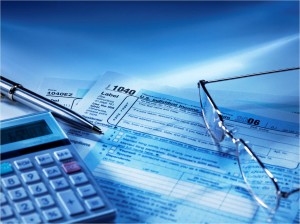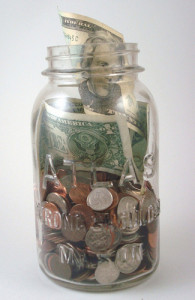 Host parents often ask for suggestions on how best to handle common expenses that occur as au pairs are caring for the children.
Host parents often ask for suggestions on how best to handle common expenses that occur as au pairs are caring for the children.
Miscellaneous Expenses
There are different ways to handle the little day to day expenses that come up. Things like when an au pair takes the kids out for ice cream or picks up a gallon of milk. Some families keep a cookie jar fund, a little cash that they set aside weekly or monthly for these types of expenses. Others give their au pair a prepaid debit card for this purpose. Below are some suggestions for avoiding problems with expenses.
Host Families
- It’s important to be clear about how long this money should last and what types of expenses are approved.
- Let the au pair know whether or not you expect receipts.
Au Pairs
- Only spend the money on approved expenses.
- If it is something you are not sure about, ask first.
- Put your receipts in the cookie jar in place of the money to avoid any confusion.
Gas and Fare Cards
Host families are responsible for the au pair’s transportation costs: to and from classes, cluster meetings and when driving the kids.
It is a good idea to figure out how much gas an au pair will use for these trips and either put gas in the car or give a gas allowance. If your au pair is riding to classes or cluster meetings with another au pair, you should offer to share the cost of gas.
Au pairs are responsible for their own transportation at all other times. You should replace the amount of gas used for personal use.
Photo: Andrea Travillian

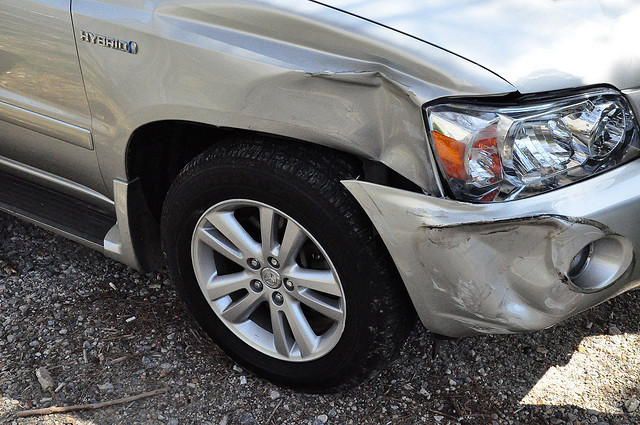 Having a car accident is a very upsetting, stressful situation. Being prepared and knowing what to do can make things a little bit easier. Make sure you know which host parent to call in case of an accident.
Having a car accident is a very upsetting, stressful situation. Being prepared and knowing what to do can make things a little bit easier. Make sure you know which host parent to call in case of an accident.
